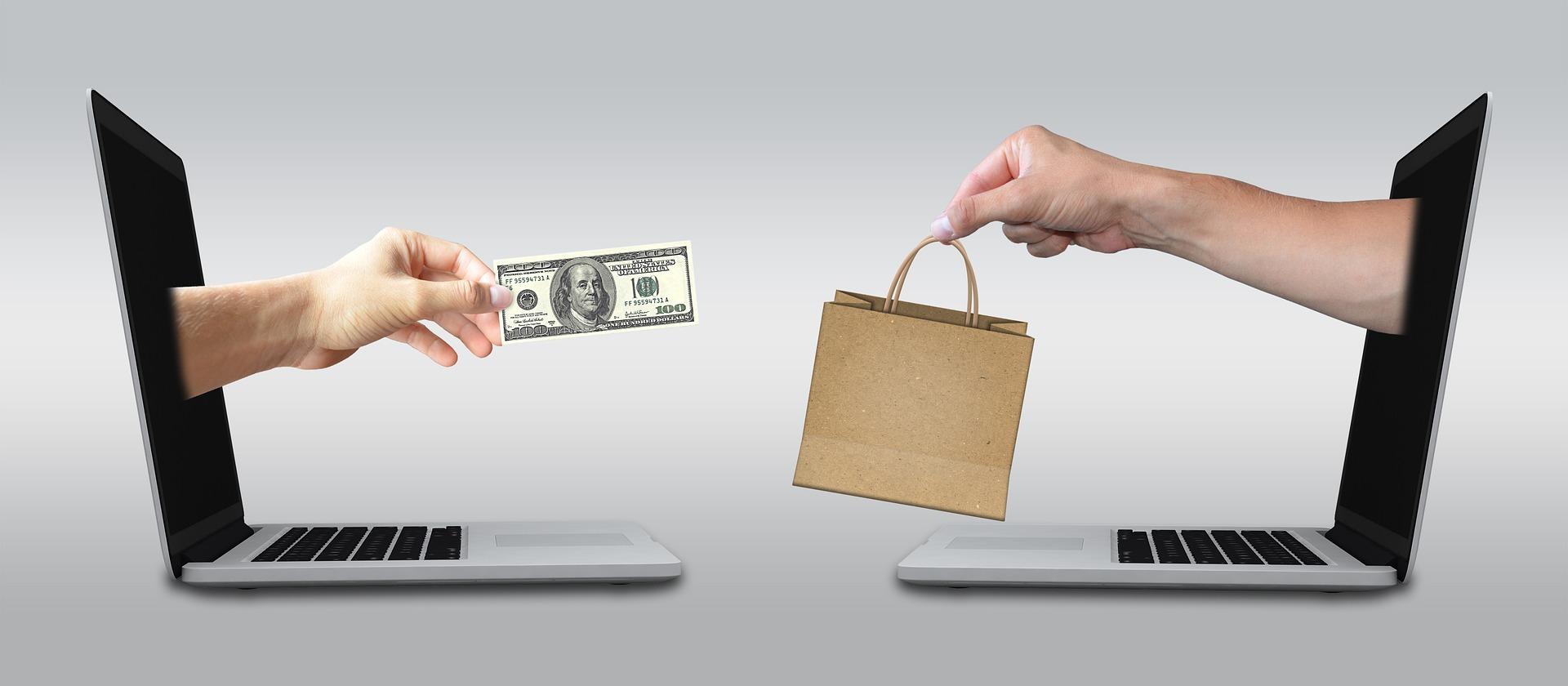Financial experts wax poetic on the importance of investing mostly in things that increase in value over time, like real estate and antiques. However, most of the things we need to live a life worth living are, well, depreciable. Some assets lose more than half of their value the moment you leave the store.
With this, you have to buy smartly. No, smart buying is not about deprivation. Rather, it is about finding ways to trim expenses, maximize the worth of depreciable assets, and use them to your advantage. Before you buy a depreciable asset, like a vehicle, a gadget, or a piece of jewelry, try to ask yourself the following questions.
1. Do you have the cash to pay for it?
If possible, don't buy depreciable assets using a credit card or a short-term personal loan. Not only will you end up paying more due to hefty interest rates and penalty fees. The money you lose on credit or loan might even be bigger when you compute the depreciating value of the purchased item.
2. Is it really urgent?
Wait, wait, wait – the right timing could be used to your advantage to save a couple more bucks.
Since the item you intend to buy loses value, you may be able to grab them at a lower price after some time. They could go on sale when new models hit the market. Same goes with selling depreciable items. The general idea is if everybody else is selling, its value and desirability go down. If there are fewer sellers, the demand goes up. Catch the drift?
3. How often will you use the item?
A rule of thumb – If it's going to be used all the time, then it's a wise choice to buy your own. If it's not, it may be best to just rent it when you need it. It is never practical to buy an expensive piece of jewelry for one night and let it gather dust inside the drawer afterward.
4. Are there related costs to splurge on?
When you buy a car, your expenses don't stop after you pay the price for the vehicle. The costs eventually blow up as you spend on fuels and maintenance. You might want to check if there are other low-maintenance and fuel-saving car models so you could save more in the long run.
5. Can you earn or even claim something from it?
Aside from selling pre-loved depreciable goods, it is also possible for you to claim tax deductions from the asset as it depreciates.
We all love tax deductions, don't we? If you're a business owner and/or a property investor, then you can take advantage of your depreciable assets in the form of tax depreciation. In case you haven't heard, tax depreciation refers to the deduction against taxable income generated by an investment property as the tangible assets depreciate. Investors love to call it “hidden cash flow” as the value of some of the furniture and equipment, whose costs have significantly reduced over time, can be written off as a tax deduction.
Author Bio: Sophie Harris is a resident writer for Depreciator, an Australian-based business specializing in Tax Depreciation Schedules. Being an enthusiast of pursuing financial security herself, she writes and shares self-help articles focused on personal finance, tax planning, and property investing.












No Comments